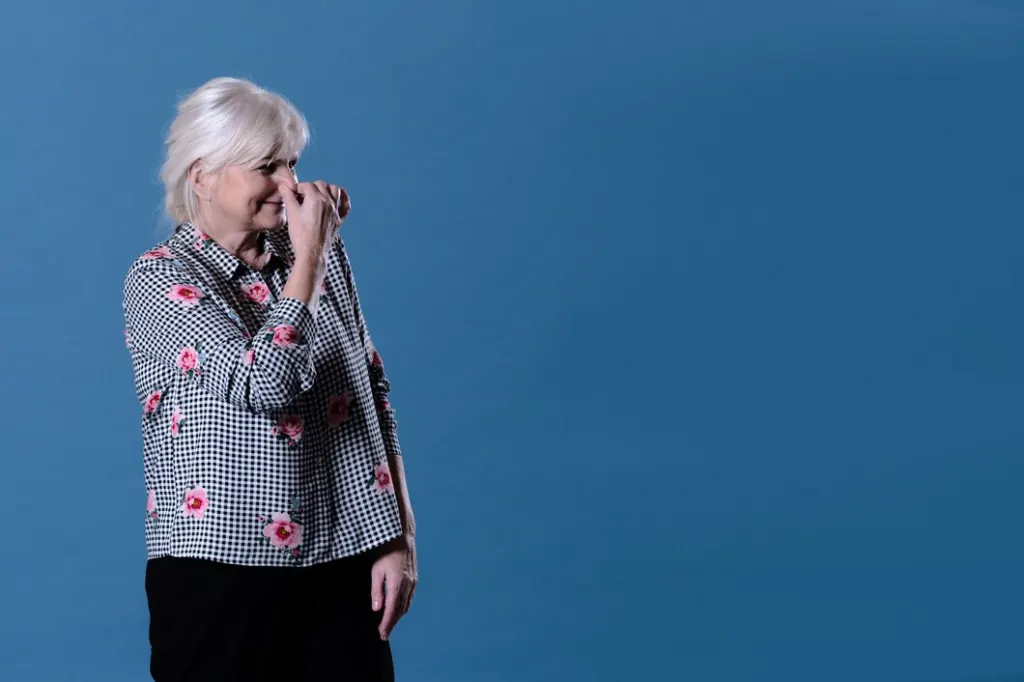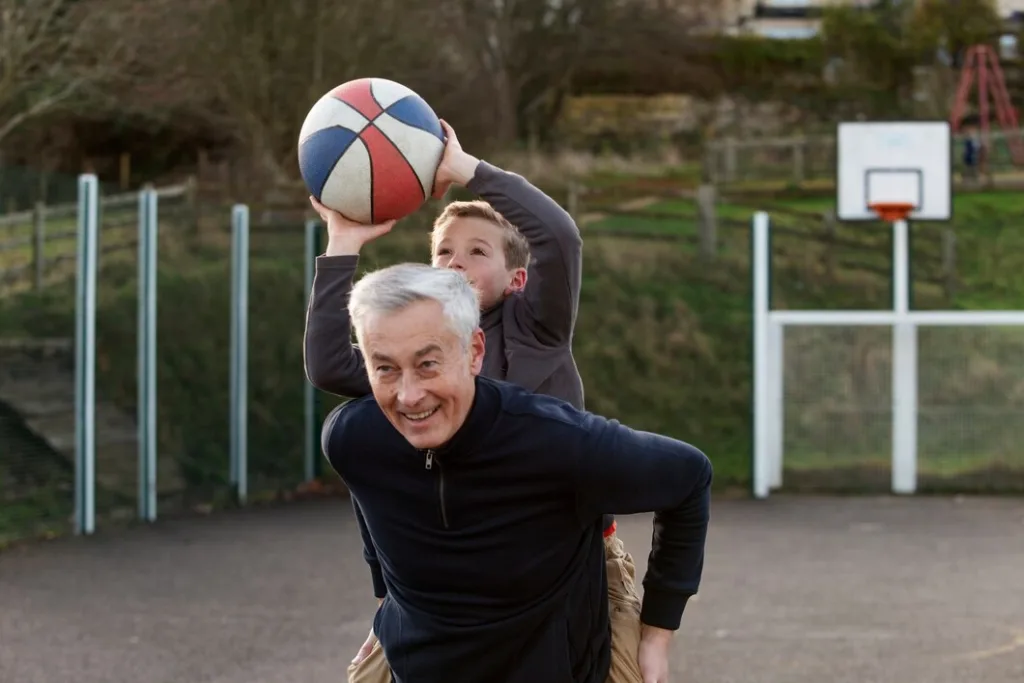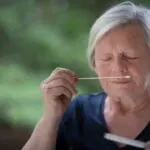The term “Old Person Smell” is something most people are familiar with, and while it may carry an air of stereotype or myth, it’s a scientifically recognized phenomenon. This distinct scent, referred to as kareishu in Japan, has been the subject of research aimed at understanding its mechanisms. Far from just a myth, this odor has intrigued scientists who seek to unravel why aging affects body scent in such a unique way.
A study that delves deep into the nature of this smell confirms what many have intuitively noticed – humans, much like animals, can distinguish age based on body odor alone. The discovery adds another fascinating layer to our understanding of human sensory perception.
How Age Changes the Way We Smell

To explore this fascinating aspect of human sensory perception, a study designed an intriguing experiment. They enlisted volunteers from different age groups and had them sleep in T-shirts with underarm pads for five consecutive nights. The objective? To collect the body odors emanating from each individual.
The pads soaked in sweat were cut and placed into separate jars. Then came the most exciting part – a group of lucky volunteers, aged between 20 and 30 years old, were asked to rate the ‘pleasantness’ of the odors and estimate the donor’s age.
The results of this experiment suggested that humans can discriminate age based on body odor. The unique smell linked to older individuals, often termed “old person smell” or “nursing home smell,” seemed to be a cross-cultural phenomenon, universally recognized irrespective of geographical or racial differences.
The Social Stigma Around ‘Old Person Smell’
In societies that value youth, the ‘old person smell’ often carries a negative stigma. As bodies naturally change with age, this shift in scent is unfairly seen as something to hide, reinforcing the idea that aging itself is undesirable.
For many older adults, this can lead to feelings of self-consciousness and pressure to mask their natural scent. Instead of viewing these changes negatively, it’s time we embrace them as a natural part of life, fostering more understanding and empathy toward aging.
The Perception of ‘Old Person Smell’: Not Necessarily Unpleasant
Contrary to popular belief, the distinct scent associated with aging isn’t necessarily unpleasant. In the study, younger participants who evaluated the body odors of elderly volunteers didn’t find the smells offensive or repulsive. In fact, many described the scent as neutral, challenging the stereotype that “old person smell” is inherently disagreeable.
Johan Lundström, a sensory neuroscientist and senior author of the study, pointed out that odors from different parts of the body, such as skin or breath, could vary in their intensity and quality. This suggests that the full picture of ‘old person smell’ might be more complex than we think, with factors beyond just underarm odors contributing to the overall scent.
The Biological Components behind the ‘Old Person Smell’
The distinct odor often associated with aging can be traced back to a compound called 2-Nonenal. This unsaturated aldehyde, which carries a greasy and grassy scent, becomes more prominent as we age. A separate study identified that as people grow older, the skin produces higher amounts of certain lipids (fats). When these lipids break down, they release 2-Nonenal, contributing to the characteristic “old person smell.”
While 2-Nonenal is not necessarily harmful, its presence is a marker of aging skin. As our bodies change over time, the chemical composition of our skin shifts, leading to new odors that weren’t present during youth.
The Evolutionary Role of Aging and Scent
Researchers suggest that the distinct scent associated with aging might serve an evolutionary purpose. In the animal kingdom, body odors are often used to signal health, age, and reproductive suitability. Humans, much like other animals, may have developed the ability to detect biological cues from body odor, including age.
Johan Lundström’s team speculated that this scent could act as a signal, allowing individuals to detect the biological age of others. In some species, older males are preferred for mating because they have proven survival skills, showcasing adaptability. Although we are not consciously aware of this in modern society, the ability to recognize age through scent might have played a role in human evolution, helping to identify kin, avoid sickness, or even choose a mate.
Can Lifestyle Affect the ‘Old Person Smell’?

While the aging process naturally leads to changes in body odor, lifestyle choices can play a significant role in how these odors develop. Diet, personal hygiene, and even stress levels influence the chemical composition of our skin and body odors at every stage of life, including old age.
For instance, diets rich in antioxidants and unprocessed foods can help minimize the accumulation of odor-causing compounds like 2-Nonenal. Foods high in omega-3 fatty acids, such as fish and flaxseeds, may also promote healthier skin, reducing the dryness that can amplify the release of certain scents. Conversely, diets heavy in processed foods, alcohol, or sugar may exacerbate these effects.
In addition, maintaining a good hygiene routine, regular exercise, and proper hydration can further support the skin’s natural regenerative processes, potentially minimizing odor changes as we age. Stress management is another crucial factor, as chronic stress can alter the body’s hormonal balance, which may affect how we smell.
The Scent of Aging – More Than Meets the Nose
While the idea of “old person smell” may have negative connotations for some, the science behind it reveals a much more nuanced story. Far from being merely unpleasant, the odor linked to aging carries biological significance and even evolutionary hints. From the presence of 2-Nonenal to our ability to detect age through scent, the way humans perceive odors as they age is a fascinating reminder of how our bodies communicate subtle messages about health and life stage.
As research continues to explore these sensory cues, we gain deeper insights into the remarkable ways in which our bodies and minds interpret the world around us. Understanding the ‘old person smell’ not only demystifies the experience but also opens up intriguing questions about human evolution and sensory perception.



